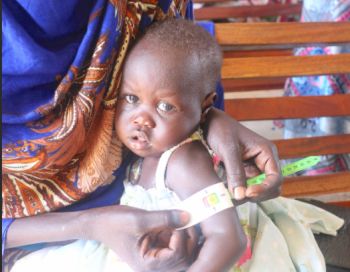Assessing the association between diet, health-related quality of life, and anthropometric status in paediatric HIV
Abstract
Diet quality plays a significant role in the reduction of malnutrition and improving the immune system and hence may positively impact the quality of life of children living with HIV (CLHIV). The present study compared diet quality, health-related quality of life (HRQoL) and anthropometric status of children with or without HIV, and investigated the relationship between HRQoL, diet and anthropometric status of children with or without HIV. A case-control comparison design included 105 CLHIV and 105 HIV-negative controls aged 8-19 years. Cases were selected from those receiving their ART at the state hospital, Ijaiye, Nigeria, between February and April, 2022 and controls (children living without HIV residing in the immediate vicinity of the cases within Abeokuta, who gave their consent) were chosen. Dietary intake, quality-of-life (QoL), dietary habits, diet quality and anthropometry were assessed using standard instruments and procedures. Data were analysed with significance set at p<0.05. Respondents with HIV had higher intakes of nuts and seeds (p = 0.04), and drank more sugar-sweetened beverages (SSBs) (p = 0.01). They also had significantly lower intakes of vegetables (p = 0.00), dietary fibre (p = 0.04) and calcium (p = 0.00) compared to respondents without HIV. All the HRQoL domains generally declined with age in both groups based on child’s and on parent’s report. Respondents living with HIV were more often excessively thin. The physical health summary score of the control group was significantly higher compared to the case group for the children’s report (p < 0.05). BMI-for-age had a significant relationship with the physical health (p = 0.01), social (p = 0.00) and school functioning (p = 0.00) domains of the HRQoL, but only for respondents living with HIV. This study highlights the importance of dietary interventions to improve the HRQoL of CLHIV.

Authors retain all copyrights. In making a submission to World Nutrition, they are certifying that all material is theirs except quotations, as indicated, and that they have obtained permission for any photos, tables, or graphics taken from other publications or websites.




